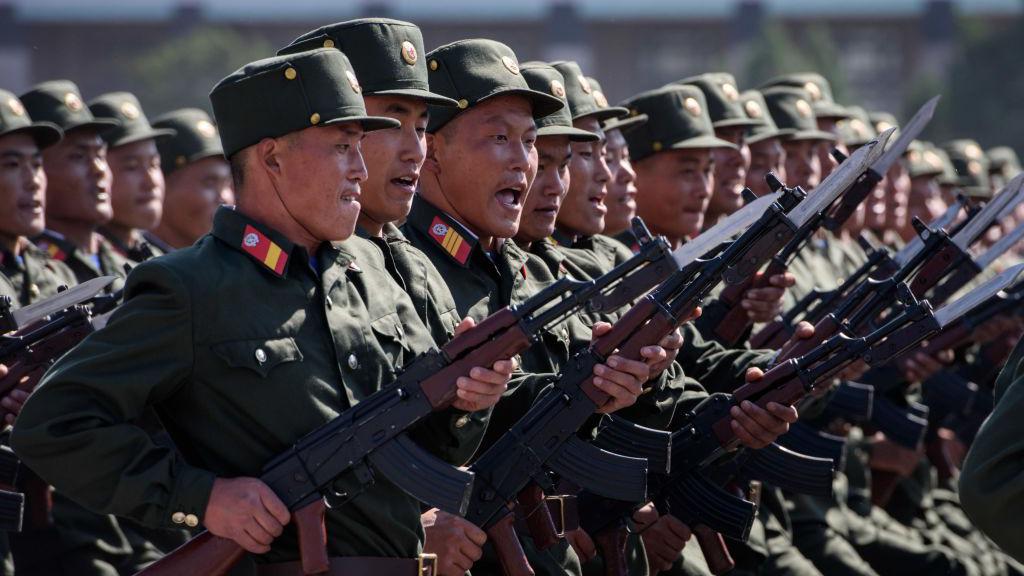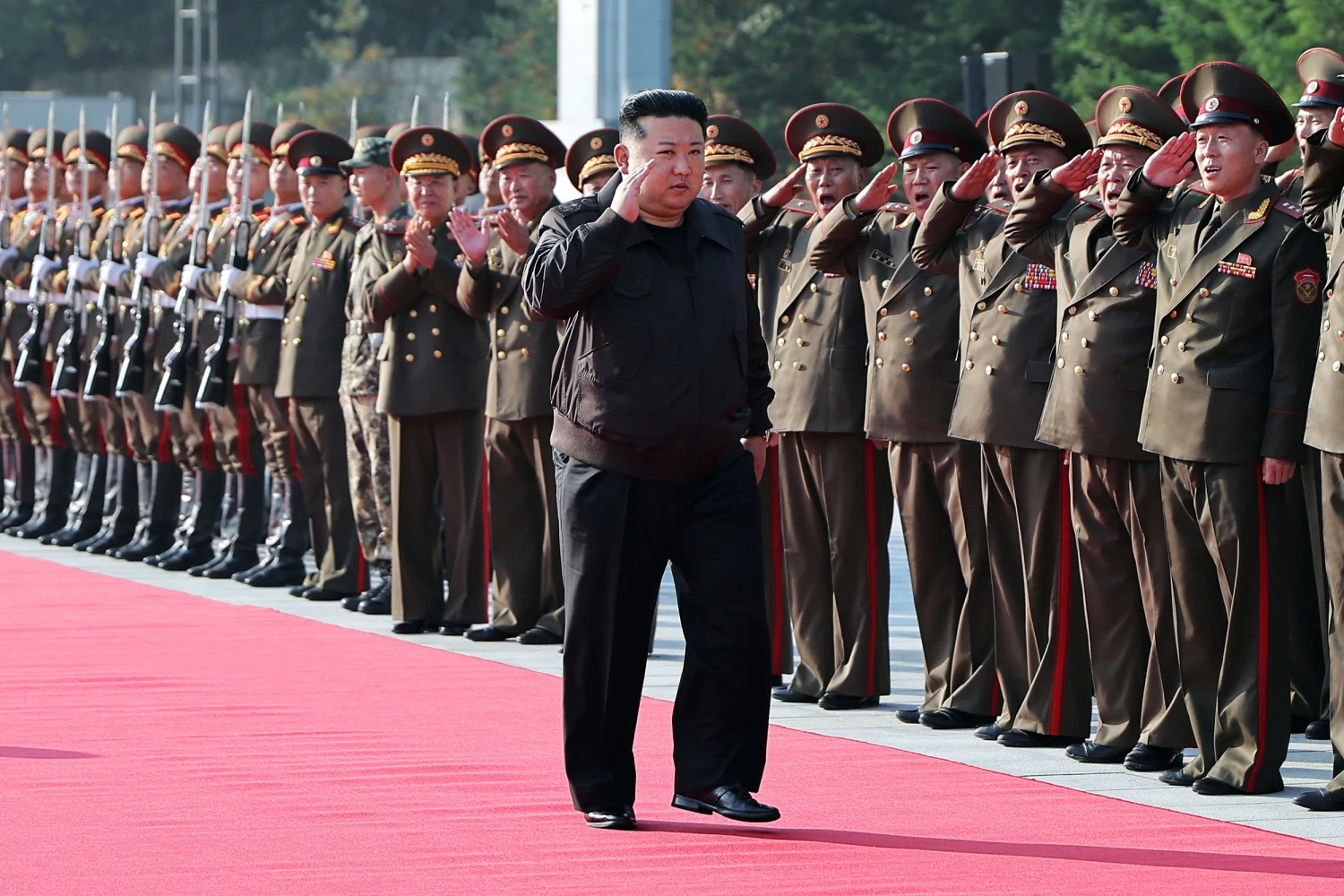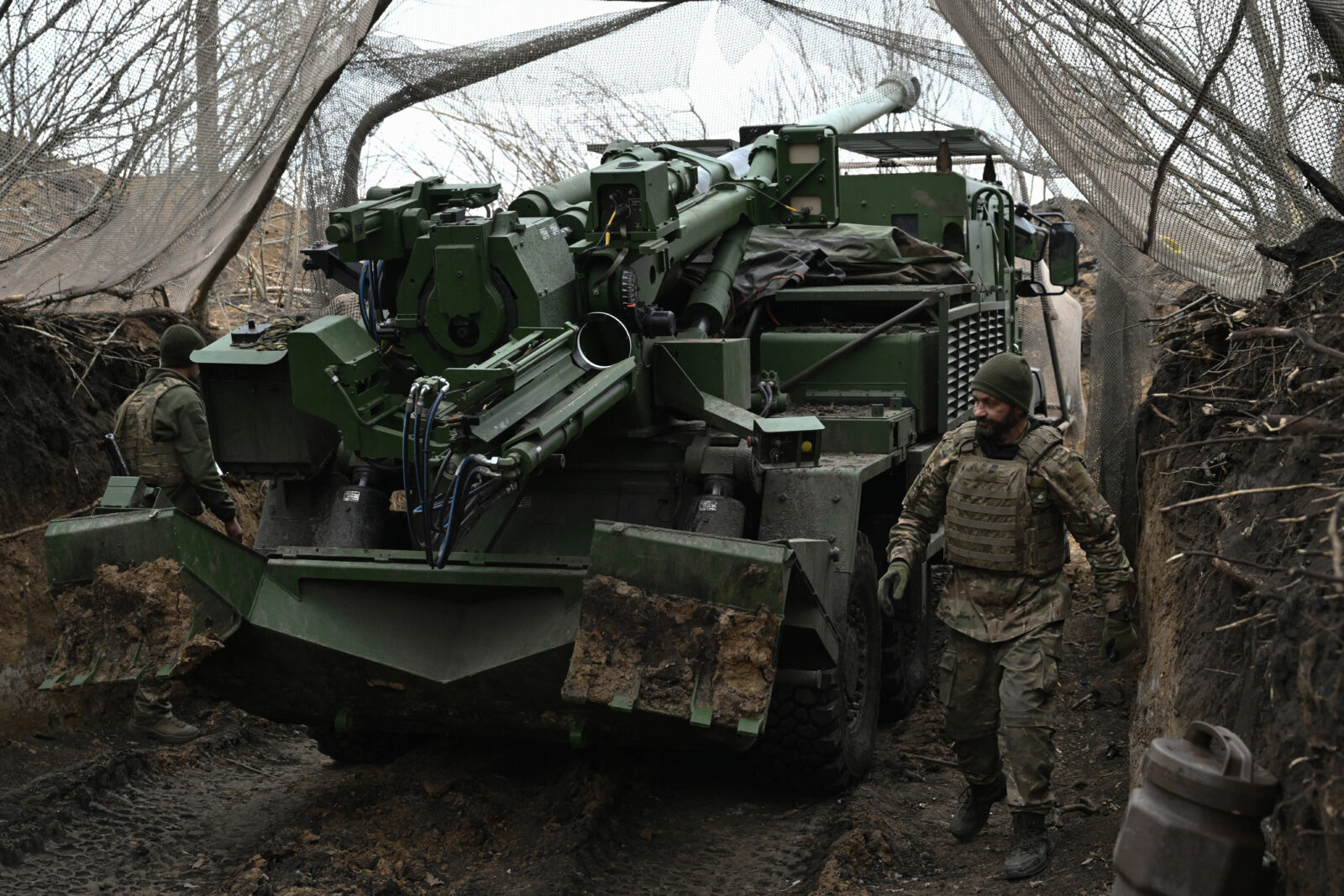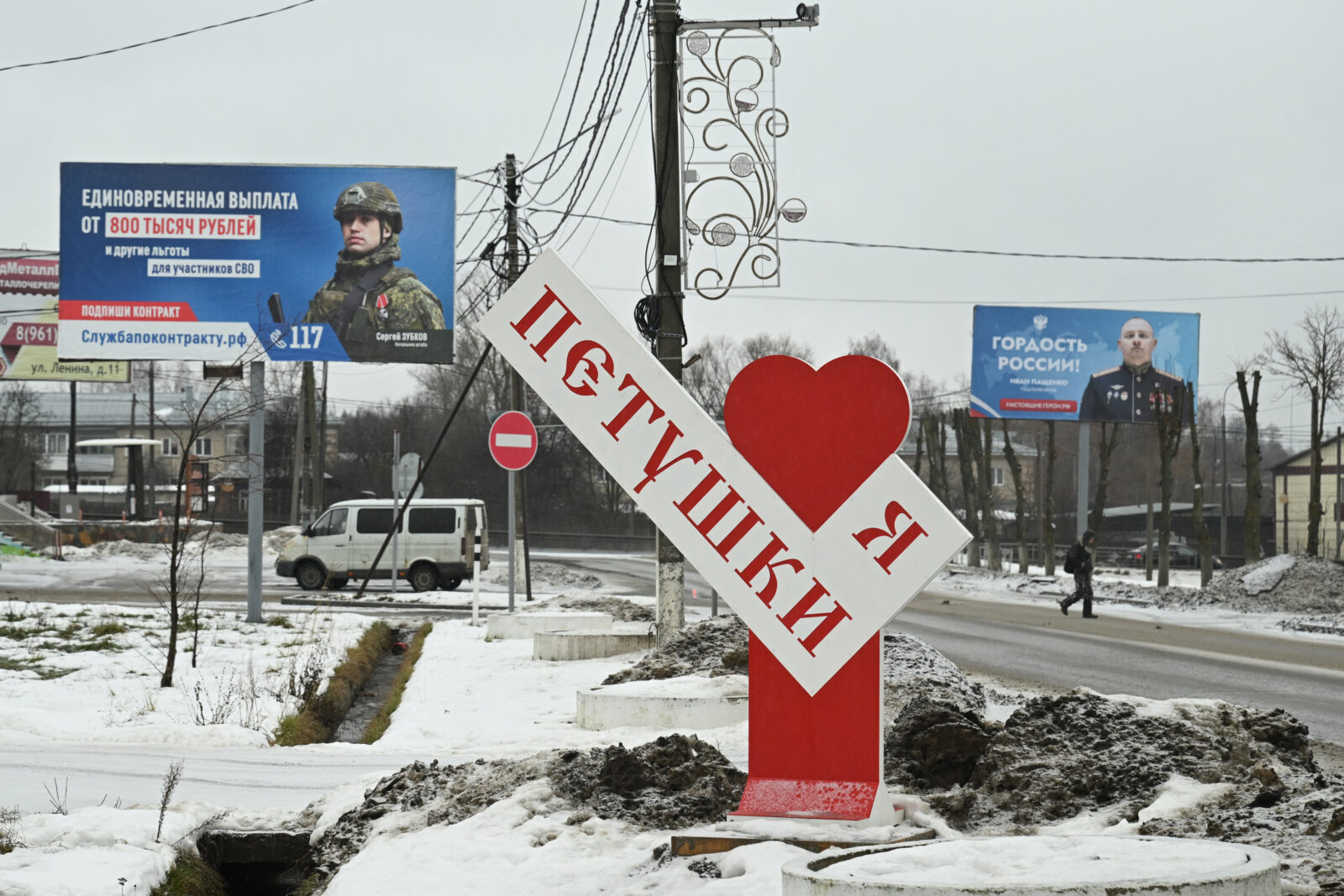
Around 300 North Korean soldiers have been killed and 2,700 injured while fighting alongside Russian forces in the ongoing conflict against Ukraine, a South Korean lawmaker reported Monday, citing information from Seoul’s intelligence agency.
The claims come amid escalating concerns about North Korea’s involvement in the war, with reports indicating that more than 10,000 North Korean troops have been deployed to support Russia’s military efforts.

In exchange, Moscow is believed to be providing Pyongyang with technical assistance for its weapons and satellite programs, which have been heavily sanctioned by the international community.
Lawmaker Lee Seong-kweun, who is a member of South Korea’s intelligence committee, revealed that the deployment of North Korean forces has extended into Russia’s Kursk region. Lee cited an updated analysis from the National Intelligence Service (NIS), which estimates that casualties among the North Korean troops now exceed 3,000.
“The casualties include approximately 300 deaths and 2,700 injuries,” Lee said following a briefing.
The majority of these soldiers are reportedly from North Korea’s elite Storm Corps, and it is believed they have been instructed to take extreme measures to avoid capture. Lee noted that memos found on deceased soldiers suggested that the North Korean authorities pressured them to commit suicide or self-detonate if they were at risk of being captured by Ukrainian forces.
In one instance, a North Korean soldier reportedly attempted to detonate a grenade when he was about to be taken prisoner. The soldier, who reportedly shouted “General Kim Jong Un” before attempting the act, was shot and killed by Ukrainian forces.
The report also highlighted that many of the North Korean soldiers lack adequate training in modern warfare, contributing to the high casualty rate among the deployed troops.
Meanwhile, in a video posted over the weekend, Ukrainian President Volodymyr Zelenskyy confirmed that two North Korean soldiers had been captured by Ukrainian forces.
The footage showed the wounded soldiers being interrogated. In one of the exchanges, one of the captured soldiers expressed a desire to return to North Korea, while the other indicated that he would comply with orders but wished to remain in Ukraine if given the chance.

Zelenskyy suggested that Ukraine may be open to negotiating a prisoner swap, offering to return the North Korean soldiers to Pyongyang in exchange for Ukrainian prisoners held by Russia. He also warned that more North Korean soldiers are likely to be captured in the future.
Ukraine, the United States, and South Korea have all accused North Korea of sending more than 10,000 soldiers to bolster Russian forces. However, both Moscow and Pyongyang have denied any formal acknowledgment of the North Korean troop deployments.
The growing military cooperation between Russia and North Korea, particularly since Russia's invasion of Ukraine in 2022, has raised concerns about the broader implications of their alliance. U.S. Secretary of State Antony Blinken, who visited Seoul earlier this month, warned that the partnership could extend to space cooperation, with Russia potentially considering North Korea as a de facto nuclear power.

While North Korean leader Kim Jong Un has not commented directly on the deployment of his forces, Lee suggested that Kim may consider visiting Russia in the coming months following a meeting between Russian President Vladimir Putin and Kim in late 2023. The lawmaker also noted that U.S. President-elect Donald Trump, who has previously sought dialogue with Kim, may push for renewed talks with Pyongyang.
Despite the ongoing support for Moscow, the war has taken a significant toll on the North Korean troops involved, with many reportedly sent into battle with little understanding of the scale or nature of the conflict.